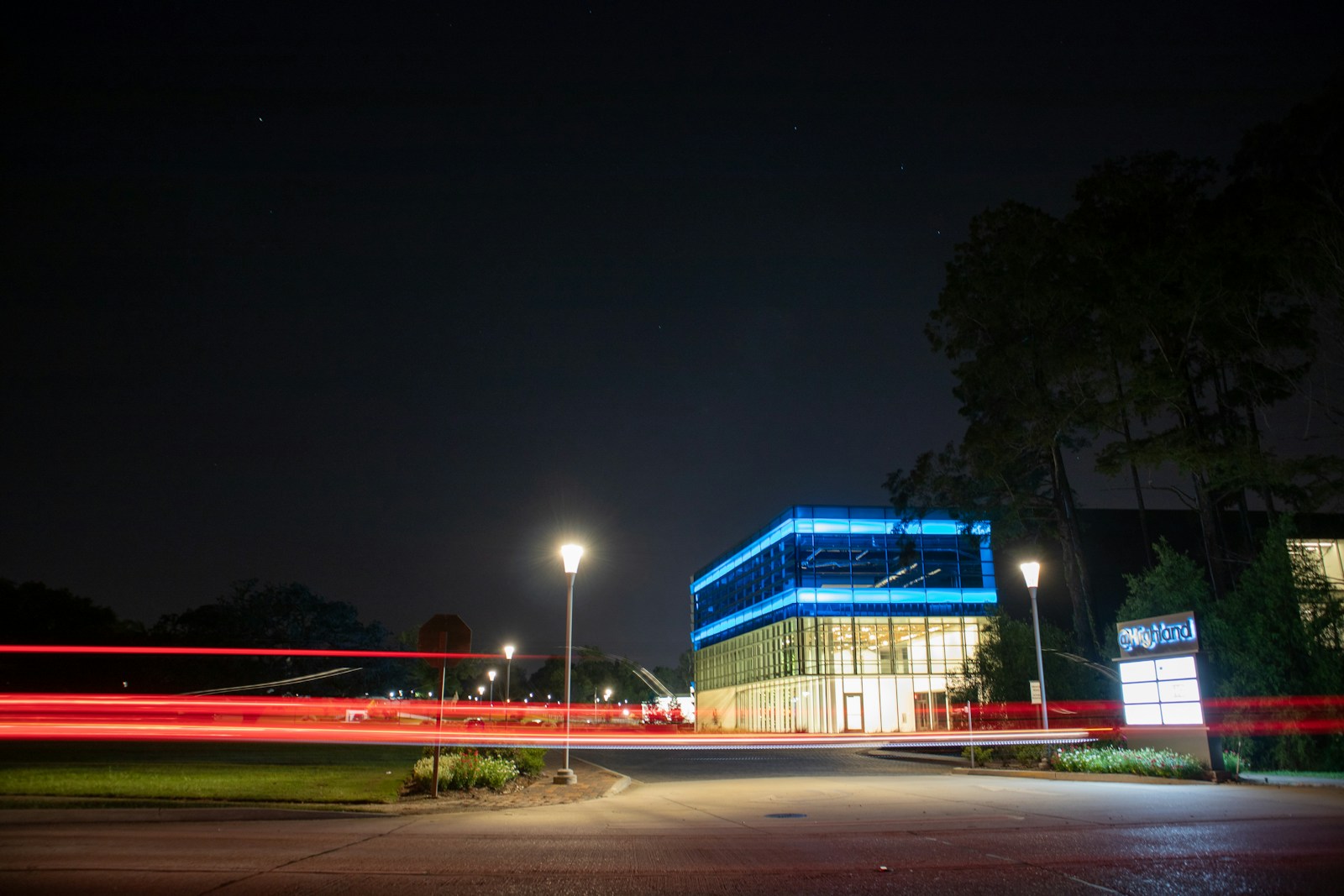The Complexities of Scaling IoT Solutions in Smart City Projects
Understanding the Challenges of Scaling IoT Solutions in Smart Cities
Scaling IoT solutions in smart city projects presents numerous challenges that cities like Riyadh and Dubai have had to address to achieve their ambitious digital transformation goals. As these cities aim to integrate advanced IoT technologies into their urban infrastructure, they face complexities ranging from technical hurdles to resource constraints and data management issues. Understanding these challenges is essential for successfully implementing and expanding IoT solutions to enhance urban living and operational efficiency.
One of the primary challenges in scaling IoT solutions is the integration of diverse devices and systems within a city’s existing infrastructure. In Dubai, for instance, the city’s smart city initiatives include deploying thousands of IoT devices, such as sensors, cameras, and smart meters, across various sectors. However, these devices often come from different manufacturers and operate on varying protocols, making seamless integration a daunting task. Ensuring interoperability between these devices requires robust standards and frameworks that can accommodate the diverse range of technologies used in smart city projects.
Another significant challenge is the management of the massive amounts of data generated by IoT devices. In Riyadh, where smart city projects are rapidly expanding, IoT devices generate vast volumes of data that need to be processed, analyzed, and stored securely. Scaling IoT solutions means handling this data in a way that is both efficient and compliant with data privacy regulations. The city must invest in advanced data analytics platforms and cloud storage solutions to manage this influx of information effectively. Additionally, maintaining the security of this data is critical, as the integration of numerous devices increases the risk of cyber threats and data breaches.
Addressing Infrastructure and Connectivity Limitations
Infrastructure and connectivity limitations are other key challenges faced when scaling IoT solutions in smart city projects. In cities like Dubai and Riyadh, the existing urban infrastructure may not be fully equipped to support the large-scale deployment of IoT devices. Upgrading infrastructure to accommodate these technologies can be costly and time-consuming, requiring significant investment in new technologies and the retrofitting of old systems.
For example, reliable connectivity is crucial for the success of IoT solutions in smart cities. In Dubai, ensuring that all IoT devices have consistent and reliable internet access across the city is a significant hurdle. Dead zones, limited bandwidth, and interference can disrupt the performance of IoT devices, leading to data loss or delays in critical functions. To address these connectivity issues, cities are investing in advanced communication networks, such as 5G, which offer higher speeds and lower latency. In Riyadh, the deployment of 5G networks is a strategic move to enhance connectivity and support the scalability of IoT solutions, allowing for smoother operation and better data transmission across the city.
Additionally, the physical infrastructure of cities must also be adapted to support the growing network of IoT devices. This includes installing additional power sources, such as solar panels, to provide consistent energy to IoT devices like streetlights and traffic sensors. Furthermore, cities need to build secure and accessible points for device maintenance and upgrades, ensuring that the IoT infrastructure remains robust and resilient as it scales.
Managing Costs and Ensuring Sustainability
The financial implications of scaling IoT solutions are a critical concern for cities pursuing smart city projects. The initial investment required for deploying IoT devices, upgrading infrastructure, and developing supporting software can be substantial. For cities like Riyadh and Dubai, which are committed to becoming leading smart cities globally, the costs associated with scaling IoT solutions can be a barrier to progress if not managed effectively.
To address these financial challenges, cities are exploring various funding models and partnerships with the private sector. In Dubai, public-private partnerships have been instrumental in spreading the financial burden of smart city projects. By collaborating with technology companies and investors, the city can access the necessary funding and expertise to scale its IoT solutions while sharing the risks and rewards. Riyadh is also leveraging similar strategies, working with international technology firms to deploy and manage IoT solutions more cost-effectively.
Sustainability is another important factor when scaling IoT solutions in smart city projects. The goal of smart cities is not only to enhance urban living but also to promote sustainable practices. However, the deployment of a large number of IoT devices can have environmental implications, such as increased energy consumption and electronic waste. To mitigate these impacts, cities are adopting green technologies and focusing on energy-efficient solutions. For instance, Dubai’s smart city initiatives include the use of solar-powered sensors and devices that have a minimal environmental footprint, aligning with the city’s broader sustainability goals.
Strategies for Successfully Scaling IoT Solutions in Smart Cities
Developing a Strategic Roadmap for IoT Expansion
To overcome the challenges associated with scaling IoT solutions in smart city projects, cities need to develop a strategic roadmap that outlines clear goals, identifies potential obstacles, and establishes a framework for implementation. This roadmap should include a comprehensive assessment of current infrastructure, the identification of key areas for IoT integration, and the creation of a phased rollout plan that allows for incremental scaling.
In Riyadh, city planners are focusing on developing a strategic IoT roadmap that prioritizes areas with the most immediate need for IoT solutions, such as traffic management, public safety, and energy efficiency. By starting with smaller pilot projects and gradually expanding to larger deployments, the city can test the effectiveness of its IoT solutions and make adjustments as needed. This phased approach also allows the city to build the necessary infrastructure incrementally, reducing the initial investment required and spreading costs over time.
In Dubai, the strategic roadmap for scaling IoT solutions involves close collaboration with technology partners and stakeholders. By engaging with experts in IoT, AI, and data analytics, the city can leverage external expertise to enhance its smart city initiatives. Executive coaching services can also provide valuable support, offering insights into best practices, change management strategies, and the latest technological advancements. These services help city leaders navigate the complexities of scaling IoT solutions and ensure that projects are aligned with broader urban development goals.
Ensuring Scalability and Flexibility of IoT Solutions
Scalability and flexibility are critical for the successful implementation of IoT solutions in smart city projects. Cities must choose IoT platforms and technologies that are not only scalable but also flexible enough to adapt to changing urban needs and technological advancements. This involves selecting open-source platforms, investing in modular hardware, and adopting standards that promote interoperability between different systems.
For example, in Dubai’s smart city initiatives, the use of scalable and flexible IoT platforms allows the city to expand its IoT network as new needs arise. By employing cloud-based solutions, Dubai can easily scale its data processing capabilities to handle increased data volumes as more IoT devices are deployed. Similarly, Riyadh is investing in IoT solutions that are designed to grow with the city, ensuring that the infrastructure can support future expansions and technological upgrades.
Flexibility is also essential for addressing the evolving needs of urban populations. As cities grow and change, the demands placed on IoT systems will also shift. By choosing flexible solutions, cities can quickly reconfigure their IoT networks to address new challenges, such as increased traffic, changing weather patterns, or unexpected events. This adaptability ensures that IoT solutions remain relevant and effective, supporting the ongoing development of smart cities.
Future-Proofing IoT Investments for Long-Term Success
To ensure the long-term success of IoT solutions in smart city projects, cities must adopt a proactive approach to future-proofing their investments. This involves staying informed about emerging technologies, continuously evaluating the performance of existing systems, and making strategic upgrades to keep pace with advancements in the field. By maintaining a forward-looking perspective, cities like Riyadh and Dubai can ensure that their IoT solutions remain relevant and effective in the face of evolving urban challenges.
Leadership and project management are key in driving the future-proofing process. City executives must foster a culture of innovation, prioritize investments in research and development, and engage with industry consortia to stay ahead of emerging trends. By building a resilient and adaptable IoT infrastructure, cities can position themselves as leaders in smart city innovation and capitalize on the growing demand for intelligent, data-driven solutions.
In conclusion, scaling IoT solutions in smart city projects involves navigating a range of challenges, from integration and connectivity issues to financial and sustainability concerns. By developing strategic roadmaps, ensuring scalability and flexibility, and future-proofing their investments, cities in Saudi Arabia, the UAE, and beyond can successfully scale their IoT solutions and achieve their smart city goals.
—
#ScalingIoTSolutions #SmartCityProjects #DigitalTransformation #SaudiArabia #UAE #UrbanInnovation #SmartInfrastructure #IoTChallenges #AIinSmartCities #Sustainability #ProjectManagement










